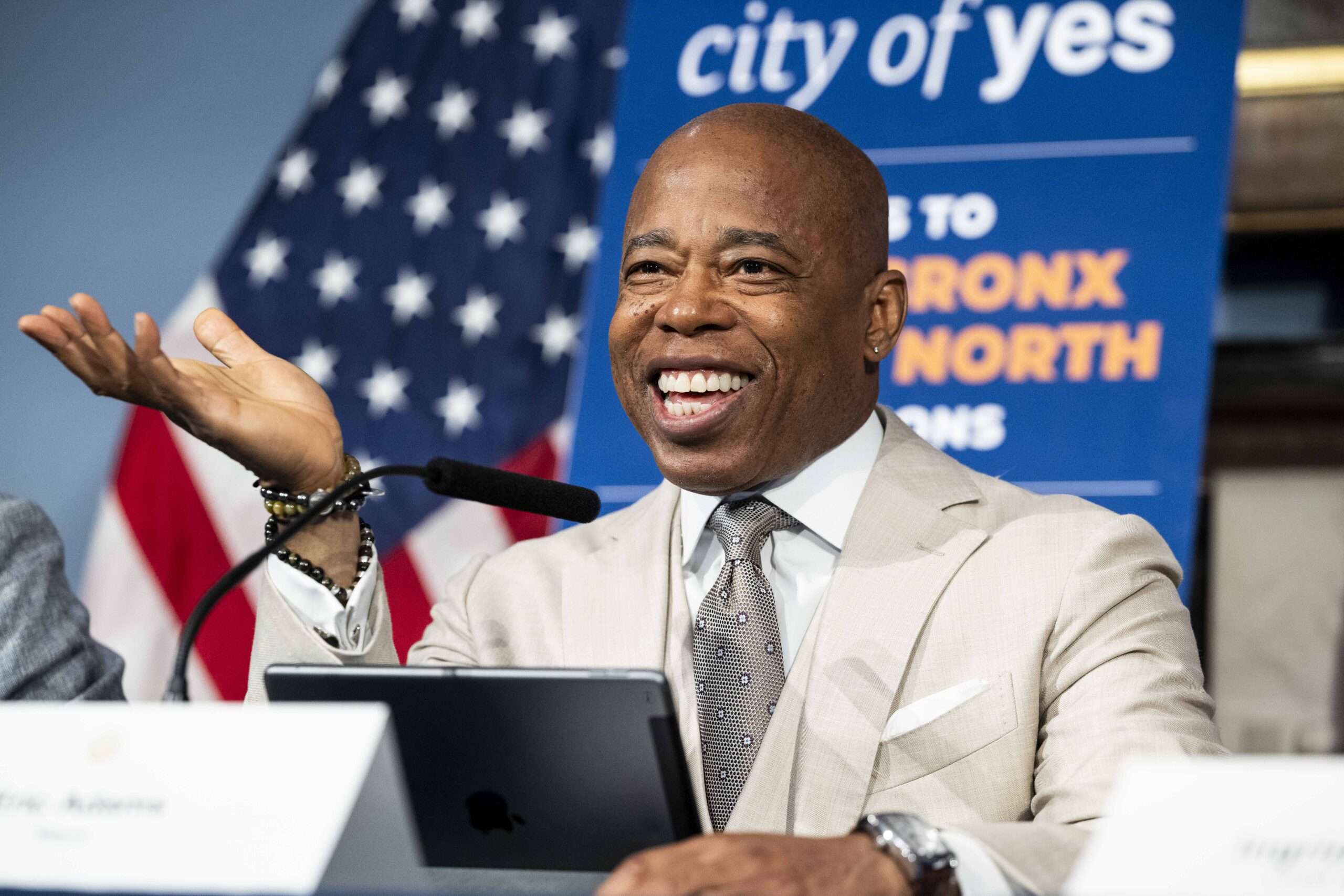Yesterday marked a significant day in New York City politics.
In the afternoon, the City Planning Commission voted 10-3 to approve a set of zoning reforms proposed by Mayor Eric Adams. These reforms include eliminating parking requirements, allowing accessory dwelling units (ADUs) in residential areas, and permitting larger residential projects near transit stops and on commercial lots.
The Mayor’s City of Yes for Housing Opportunity package now moves to the New York City Council for review, amendment, and voting within the next 50 days.
However, this timing coincides with another major development in the city. Just hours after the planning commission’s vote, Adams was indicted on federal corruption charges for allegedly accepting gifts and illegal contributions from Turkish business people and government officials.
As a result, the city council will be considering the mayor’s land use reform while he faces corruption charges and calls for his resignation.
Prior to the indictment, the City of Yes faced an uncertain future at the city council, with potential opposition from councilmembers. The unique characteristics of this citywide upzoning could sway some councilmembers who typically oppose individual development proposals.
The mayor’s political influence is crucial in this process, especially given his base of support in areas that have opposed his housing reforms. His popularity in these areas could help sway councilmembers, but the indictment may weaken his political standing.
Procedurally, the mayor has the power to veto land use changes approved by the city council, although he is unlikely to veto his own reform package. If he resigns, the Public Advocate will take over and may schedule a special election within 90 days.
The Public Advocate’s stance on the City of Yes remains unclear, but he has expressed support for housing development with considerations for community concerns and affordability mandates.
The City of Yes for Housing Opportunity is seen as a modest response to New York’s housing challenges, with potential for increased housing units but still falling short of addressing the city’s housing shortage.
If the city council further dilutes the plan by preserving parking mandates or increasing affordability requirements, the impact on housing production could be even more limited.
Ironically, Adams’ corruption charges could jeopardize his own zoning reforms, which aim to streamline development processes and reduce corruption risks associated with discretionary approvals.
The indictment alleges that Adams abused his power in expediting permits, highlighting the potential for corruption in such decision-making processes.
A New York Times story from last month highlighted the concerning trend of corruption cases emerging from California, particularly among city councilmembers who wield significant power over individual projects.
A shift towards a more by-right system, where project approval is based on clear and objective rules, could help reduce opportunities for politicians to abuse their power for personal gain.
The recent scandals in California serve as a cautionary tale for other cities, such as New York, where corruption could derail important zoning reform initiatives aimed at curbing future instances of misconduct.




